Search
Search Results
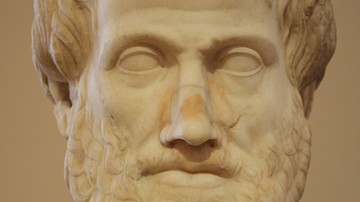
Definition
Aristotle
Aristotle of Stagira (l. 384-322 BCE) was a Greek philosopher who pioneered systematic, scientific examination in literally every area of human knowledge and was known, in his time, as "the man who knew everything" and later simply as "The...
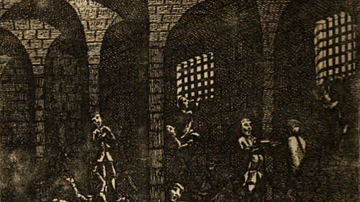
Definition
Black Hole of Calcutta
The Black Hole of Calcutta refers to a prison cell which was used to hold 146 mostly British prisoners captured after the Nawab of Bengal had taken over the city from the East India Company. Interred on 20 June 1756 in a tiny cell in Fort...
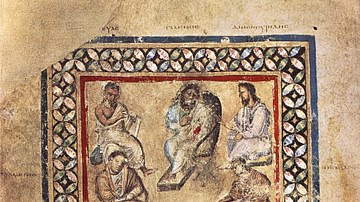
Definition
Galen
Galen (129-216 CE) was a Greek physician, author, and philosopher, working in Rome, who influenced both medical theory and practice until the middle of the 17th century CE. Owning a large, personal library, he wrote hundreds of medical treatises...
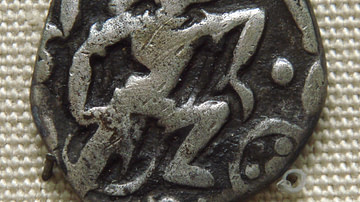
Definition
Gurjara-Pratihara Empire
The Gurjara-Pratiharas, or simply, the Pratiharas (8th century CE - 11th century CE) held their sway over western and northern India. This dynasty saw its fortunes rising under Nagabhata I (730–760 CE) who successfully defeated Arab...
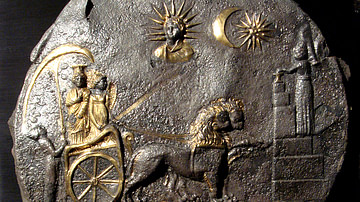
Definition
Ancient Afghanistan
The ancient history of Afghanistan, a landlocked country in Central Asia, is full of fascinating cultures, from early nomadic tribes to the realms of Achaemenid Persia, the Seleucids, the Mauryans, the Parthians, and Sasanians, as well as...
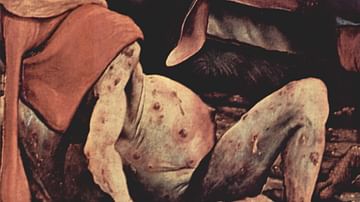
Definition
St. Anthony's Fire
St. Anthony's Fire (SAF) is an illness brought on by the ingestion of fungus-contaminated rye grain causing ergot poisoning (ergotism). The disease's common name derives from the medieval Benedictine monks dedicated to that saint who offered...
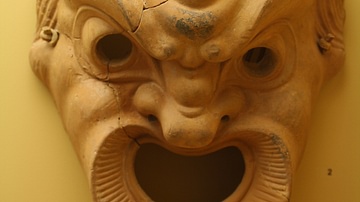
Definition
The Clouds
The Clouds is a comedy written c. 423 BCE by the Greek playwright Aristophanes (c. 448 BCE – c. 385 BCE). A failure at the Dionysia competition, finishing third out of three, it was revised later in 418 BCE but never produced in the author's...
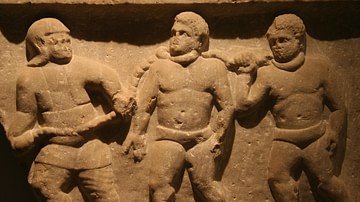
Article
The Spartacus Revolt
The revolt of the gladiator Spartacus in 73-71 BCE remains the most successful slave revolt in the history of Rome. The rebellion is known as the Third Servile War and was the last of three major slave revolts which Rome suppressed. The story...
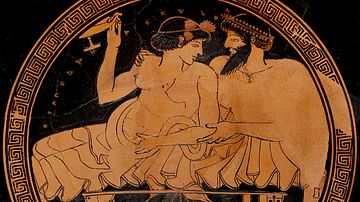
Article
Prostitution in Ancient Athens
Prostitution in ancient Athens was legal and regulated by the state. During the Greek Archaic Period (c. 800-479 BCE) brothels were instituted and taxed by the lawgiver Solon (l. c. 630 - c. 560 BCE), and this policy continued into the Classical...
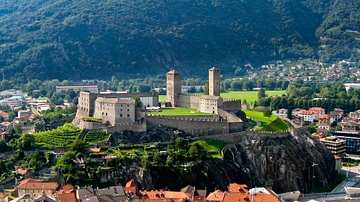
Definition
Castles of Bellinzona
The Castles of Bellinzona are a set of three medieval fortifications located in and surrounding the city of Bellinzona, which is located in Canton Ticino, Switzerland. These castles are the only remaining examples in the Alpine region of...